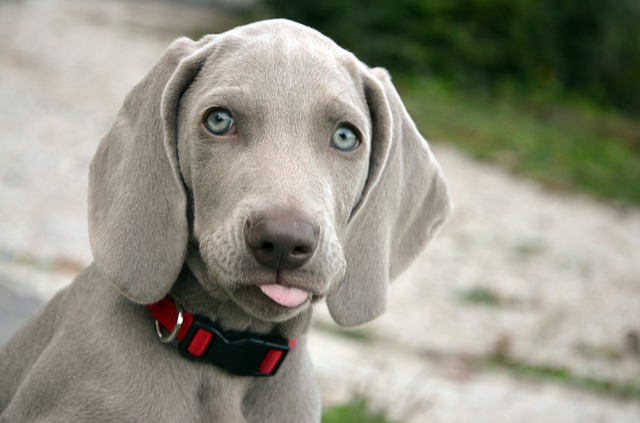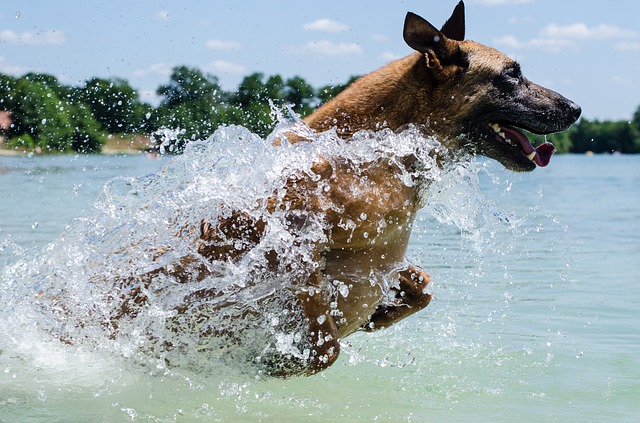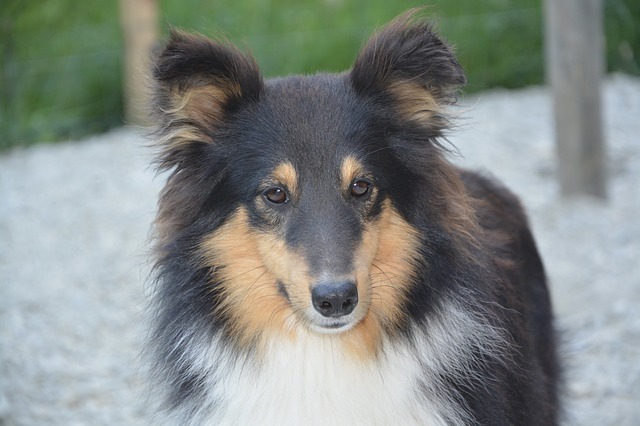Just like people, dogs have different personalities that can fall into different personality types. A dog may display more than one personality type, but usually one will be more dominant than the others.
Understanding your dog’s personality type can make a big difference in how you train your dog and react to their behaviors. Just like trying to push a shy introvert to become the life of the party is bound to be a difficult task, trying to force your dog to do something that goes against his personality will be an intense struggle.
Knowing your dog’s personality type can help you better understand your dog and appreciate how he views the world. Here are the 5 different personality types that dogs have and how each may affect how you interact with and train him.

The Confident Dog
A Confident Dog is comfortable in his surroundings and is a natural born leader. He can easily take charge of a situation and is also likely to be a team player. His confident manner will show in his body language.
Confident Dogs may display dominant behaviors, and reacting harshly to these behaviors or trying to dominate your dog may lead to aggression or more willfulness.
Contrary to popular belief, dominance is not a personality type but a term to describe the hierarchy between animals. A natural leader only needs the confidence and ability to lead his pack, he doesn’t need to resort to aggressiveness to maintain his alpha status. Dogs have been a different species from wolves for thousands of years, and trying to use a wolf pack mentality on your dog could actually backfire and cause him to mistrust you. Positive reinforcement is always the best way to train a dog, even a Confident Dog with dominant behaviors.

The Shy or Timid Dog
Just like people, dogs can be shy or nervous. Forcing your dog into situations that make him uncomfortable could have the opposite of your intended effect – while you’re trying to acclimate your dog to the world, he will interpret you as forcing him to do things that are extremely scary, which could lead to mistrust.
Shy Dogs tend to react very well to lots of praise, treats, encouragement, and introducing them to new people, places, or experiences at a slower pace. Shy Dogs will not enjoy loud, chaotic environments and may become insecure, fearful, or aggressive without gentle treatment. He will need lots of reassurance that he is safe, secure, and loved.
The Independent Dog
Many breeds were bred to live, act, and think independently of their owners, and those tendencies may remain in your dog’s instincts to this day.
Independent Dogs may not bond well with anybody they don’t see as a leader, and they tend to bond most with one person while remaining less enthusiastic about other people. They are perfectly okay by themselves and may even appear to be standoffish.
Trying to force an Independent Dog to be overly social may backfire and cause aggression. A dog with an independent personality type can be difficult to train without the right kind of motivation, since they would rather think for themselves than to do what you ask of them. You may need to experiment to see whether your Independent Dog is more motivated by treats, toys, or affection.
The Laidback, Happy Dog
This is the stereotypical friendly dog who loves everybody and would lead a robber directly to the family’s valuables with a wagging tail. They’ll typically get along with all people, dogs, and even cats.
Happy Dogs tend to be overly enthusiastic, especially without enough training or exercise. They are more likely to jump on people since they are so excited at the possibility of having another best friend for life. These types of dogs, especially when they are larger breeds like Labrador Retrievers and Golden Retrievers, can be scary for small children who can be knocked over by an exuberant dog’s love and affection. They need training to keep them calm when they meet people.
The Adaptable Dog
Slightly different from the Happy Dog, the Adaptable Dog is eager to please in any environment and will control his enthusiasm in favor of doing something that will make his owner happy.
This personality type is easiest to train, since they have such a strong desire to please. They are friendly without being overly exuberant and they mind their people. They tend to get along with people, other dogs, and cats, and can make great therapy dogs due to their calm, loving nature.
(H/T: Canidae)

 Toledo, United States.
Toledo, United States.